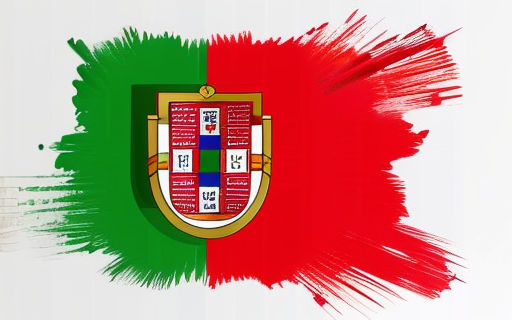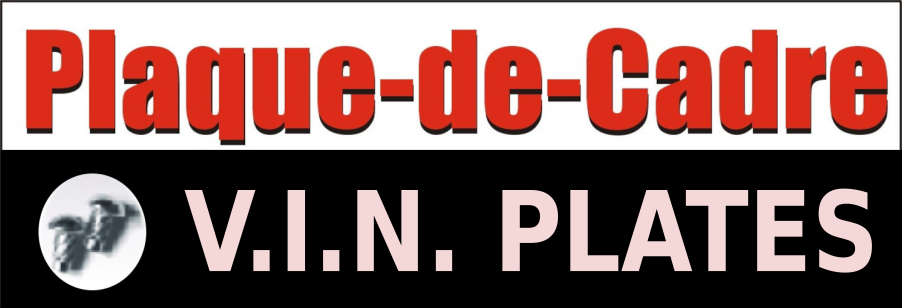The technical controls for the two-wheelers are a complex and controversial issue in many European countries.The opinions on the effectiveness and the need for these controls vary considerably among the various actors involved, including governments, road safety organizations, biker associations and automotive industry companies.
 In Belgium, technical controls for motorcycles and scooters were introduced in 2014.Every two years, vehicles must pass a safety examination that assesses the condition of brakes, tires, lights, indicators, emissions and suspension systems.Drivers must also submit an insurance certificate and a certificate of compliance for their vehicle.Controls are carried out in government-approved centres and cost approximately €30.
In Belgium, technical controls for motorcycles and scooters were introduced in 2014.Every two years, vehicles must pass a safety examination that assesses the condition of brakes, tires, lights, indicators, emissions and suspension systems.Drivers must also submit an insurance certificate and a certificate of compliance for their vehicle.Controls are carried out in government-approved centres and cost approximately €30.
In Germany, technical controls for both wheels are not mandatory.However, drivers must ensure that their vehicle is in good working condition and complies with road safety standards.Road controls are frequent and drivers can be punished if they do not meet the standards.
 In Italy, technical controls for motorcycles were introduced in 2013.Vehicles must be inspected every two years to ensure that they comply with road safety standards.The controls cover brakes, tires, lights, indicators, emissions and suspension systems.Drivers must also submit an insurance certificate and a property certificate.The checks are carried out in registered centres and cost about 50€.
In Italy, technical controls for motorcycles were introduced in 2013.Vehicles must be inspected every two years to ensure that they comply with road safety standards.The controls cover brakes, tires, lights, indicators, emissions and suspension systems.Drivers must also submit an insurance certificate and a property certificate.The checks are carried out in registered centres and cost about 50€.
In Spain, the technical controls for the two wheels have been mandatory since 2018.Vehicles must be inspected every two years to ensure that they are in good working condition and meet road safety standards.The controls cover brakes, tires, lights, indicators, emissions and suspension systems.Drivers must also submit an insurance certificate and a property certificate.The checks are carried out in registered centres and cost approximately €30.
 In Portugal, technical controls for motorcycles have been mandatory since 2017.Vehicles must be inspected every two years to ensure that they are in good working condition and meet road safety standards.The controls cover brakes, tires, lights, indicators, emissions and suspension systems.Drivers must also submit an insurance certificate and a property certificate.The checks are carried out in registered centres and cost approximately €30.
In Portugal, technical controls for motorcycles have been mandatory since 2017.Vehicles must be inspected every two years to ensure that they are in good working condition and meet road safety standards.The controls cover brakes, tires, lights, indicators, emissions and suspension systems.Drivers must also submit an insurance certificate and a property certificate.The checks are carried out in registered centres and cost approximately €30.
In conclusion, technical controls for the two wheels are becoming increasingly common in many European countries, although their efficiency and effectiveness
impact on road safety is always discussed.The proponents of these controls assert that they can help reduce the number of accidents caused by poorly maintained motorcycles and scooters, while opponents argue that administrative costs and constraints are too high and that there is insufficient evidence to justify the obligation of these controls.
Ultimately, the issue of technical controls for the two-wheelers depends on the national contexts and the political priorities of each country.Governments must strike a balance between road safety benefits and costs and disadvantages for drivers and businesses.In any event, it is important that drivers of motorcycles and scooters take the responsibility to maintain their vehicles in good working condition and comply with road safety standards, in order to guarantee their own safety and that of other road users.
